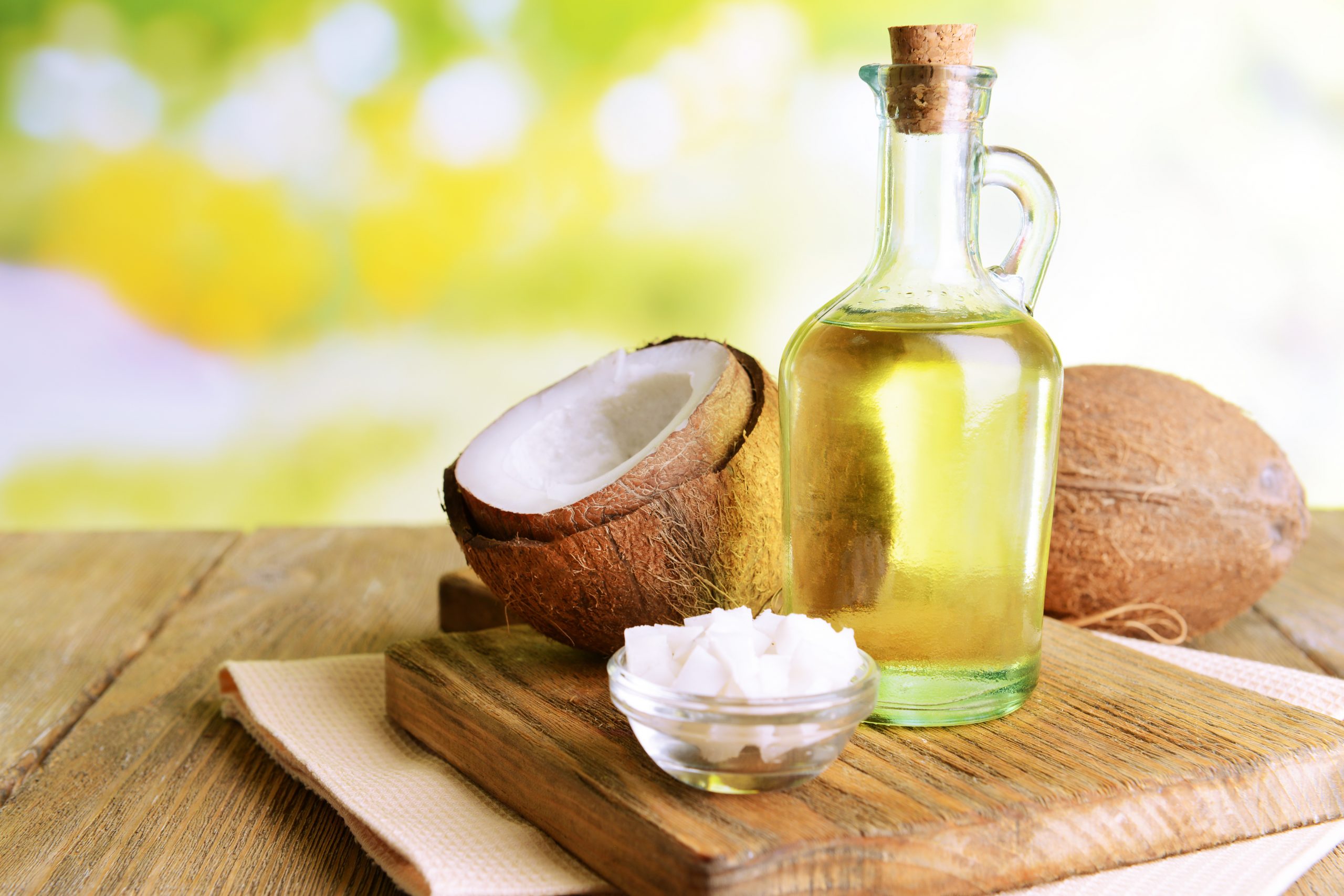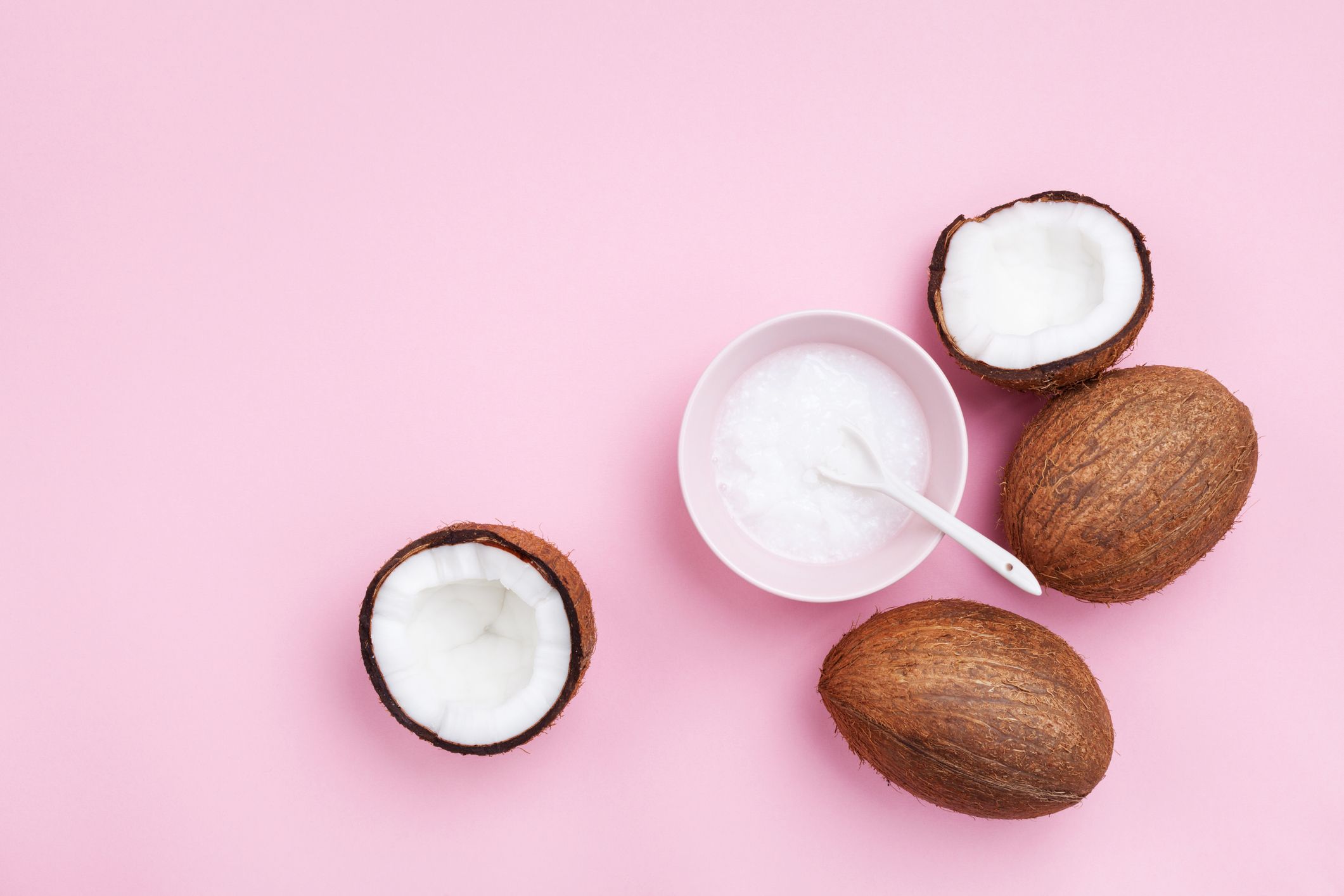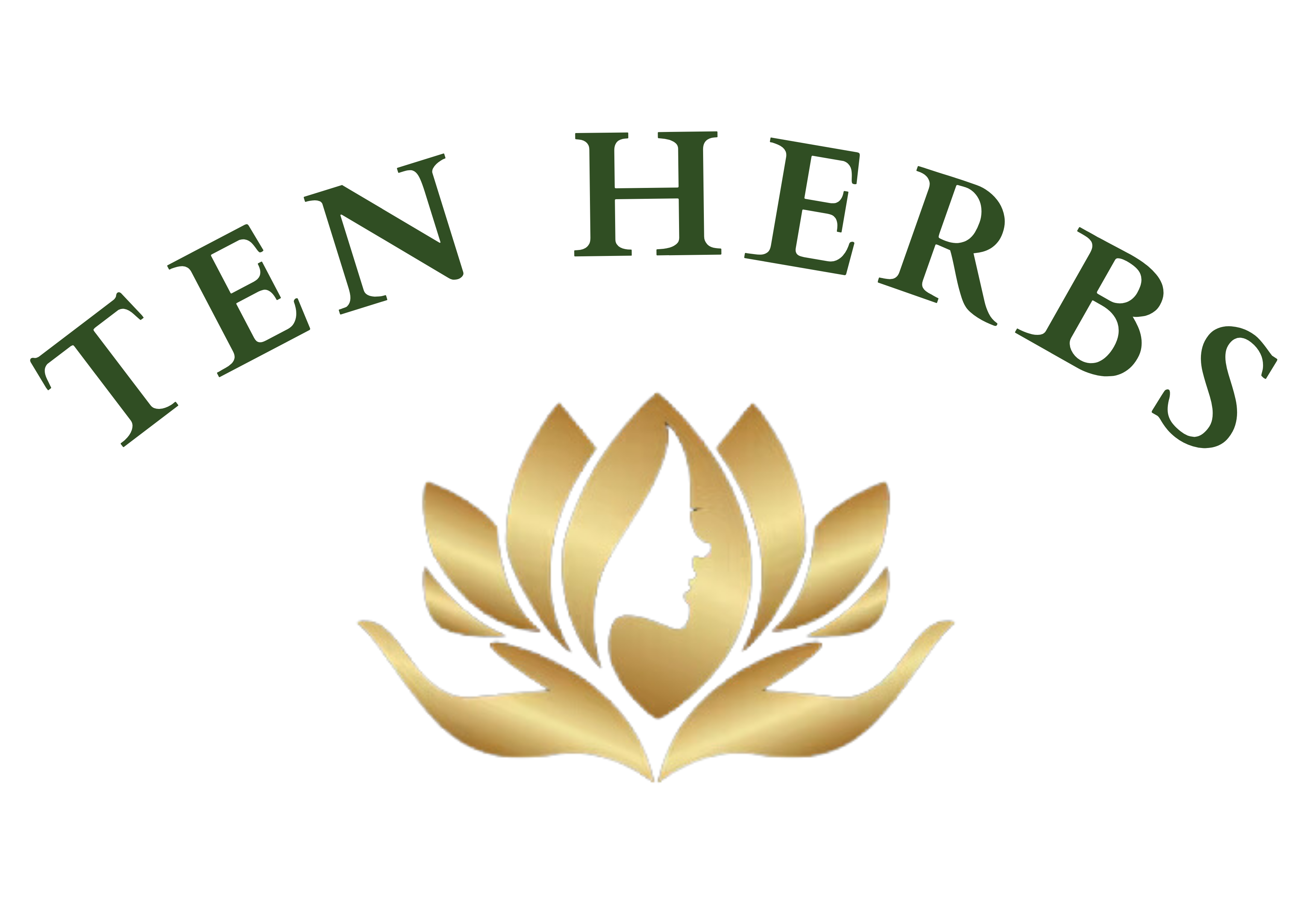Coconut oil has been used for centuries as a natural remedy for hair care, providing hydration, protection, and nourishment. Packed with fatty acids, vitamins, and antioxidants, coconut oil can transform dull, damaged hair into a luscious, healthy mane. But what does science say about its effectiveness? In this blog post, we’ll explore the key benefits of coconut oil for hair, how to use it properly, and expert opinions from dermatologists in Pakistan and the USA.
1. Deep Moisturization and Hydration

One of the biggest benefits of coconut oil is its ability to deeply penetrate the hair shaft, providing long-lasting hydration. Unlike other oils that sit on the hair’s surface, coconut oil contains lauric acid, which allows it to absorb easily into the hair strands. This prevents dryness and keeps hair soft and manageable.
2. Reducing Protein Loss and Strengthening Hair
Hair is primarily made up of keratin, a type of protein that keeps strands strong and healthy. A study published in the Journal of Cosmetic Science found that coconut oil reduces protein loss in both damaged and undamaged hair when used as a pre-wash or post-wash treatment. This makes it especially beneficial for individuals with weak or brittle hair.
3. Protecting Against Hair Damage
Everyday activities like brushing, heat styling, and environmental exposure can cause hair damage. Coconut oil forms a protective layer around the hair shaft, minimizing damage from these external stressors. It also helps prevent split ends and breakage, keeping your hair looking healthier for longer.
4. Promoting Scalp Health
A healthy scalp is essential for healthy hair growth. Coconut oil has antimicrobial properties that can help reduce dandruff, soothe scalp irritation, and combat fungal infections. According to Dr. Nazneen Jahan, a dermatologist practicing in Pakistan, "Coconut oil’s natural antifungal and antibacterial properties make it an excellent option for maintaining scalp health and reducing common issues like dandruff."
5. Enhancing Hair Growth
Although coconut oil doesn’t directly promote faster hair growth, its ability to strengthen and protect hair from damage can lead to longer, thicker strands over time. Regular scalp massages with coconut oil can also improve blood circulation, which may encourage hair growth.
6. Natural Lice Treatment
Coconut oil has been used as a natural lice treatment due to its ability to suffocate lice and prevent them from reproducing. When combined with essential oils like tea tree or anise, it can be an effective alternative to chemical treatments.
How to Use Coconut Oil for Maximum Benefits

- Pre-Wash Treatment: Apply coconut oil to dry hair and leave it on for 30-60 minutes before washing. This helps reduce protein loss and prevents hair from becoming too dry after shampooing.
- Leave-In Conditioner: Use a small amount of coconut oil on damp hair to help with detangling and frizz control.
- Overnight Hair Mask: For deep conditioning, apply coconut oil from root to tip and leave it overnight. Wash it out thoroughly in the morning.
- Scalp Treatment: Massage coconut oil into your scalp once a week to nourish hair follicles and reduce dandruff.
Things to Consider Before Using Coconut Oil
While coconut oil has many benefits, it may not be suitable for all hair types. Individuals with fine hair may find it too heavy, making their hair look greasy. Dermatologists recommend using it in moderation and doing a patch test before applying it to the scalp to avoid irritation.
Expert Opinion
Dr. Joshua Zeichner, a board-certified dermatologist in the USA, explains,
"Coconut oil can be an excellent natural moisturizer for hair, but those with acne-prone skin should be cautious as it may clog pores if left on the scalp for too long."
Final Thoughts
Coconut oil is a powerful, natural solution for various hair concerns, from dryness and breakage to scalp health. Whether you're looking for a deep conditioner, a scalp treatment, or a protective barrier against damage, incorporating coconut oil into your hair care routine can yield impressive results. However, it’s always best to experiment and see how your hair responds to it.
